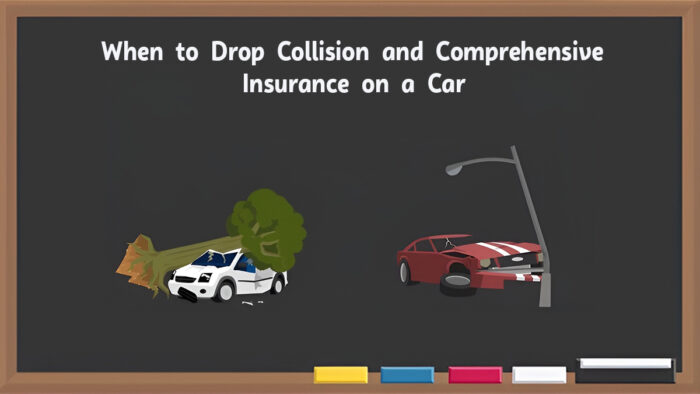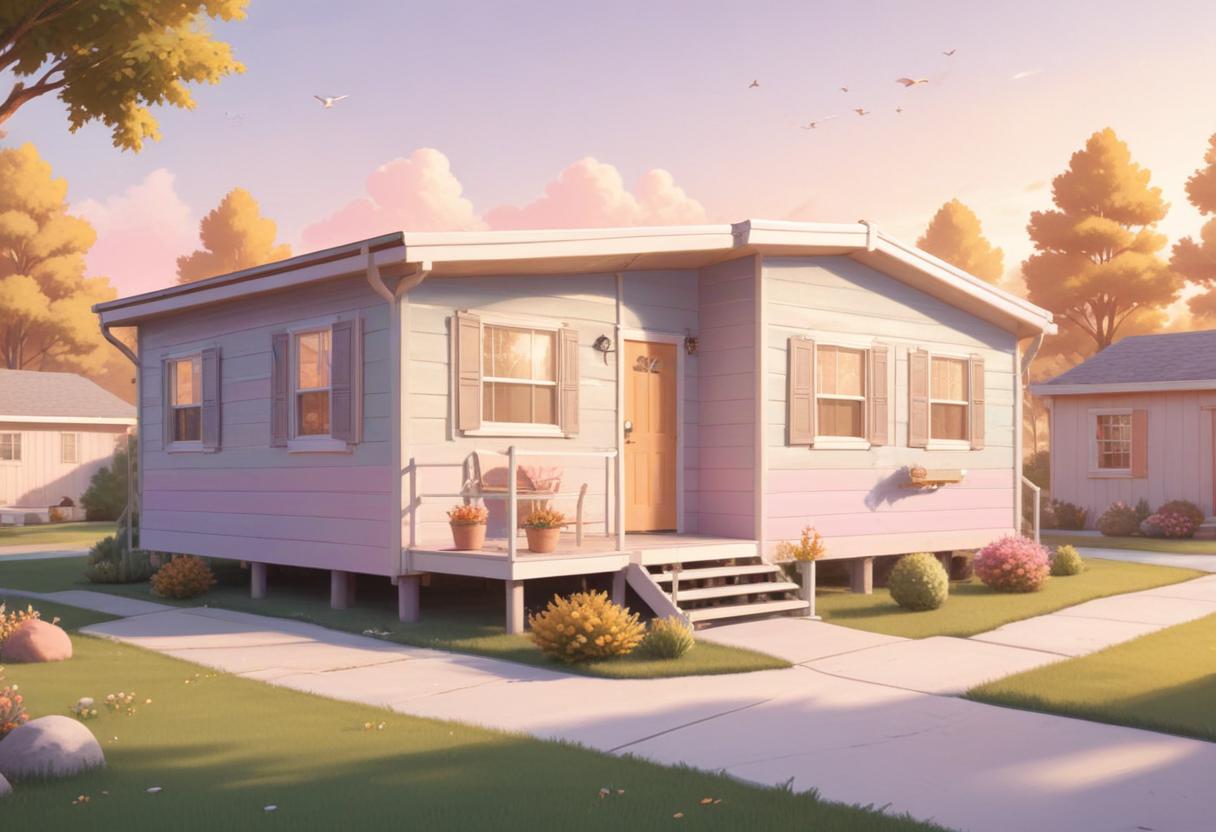The general principle to drop collision and comprehensive insurance on a car after five or six years or 100,000 miles doesn’t always apply. Instead, think about the car’s worth and the cost of any replacement parts.

If your car happens to be an expensive one, such as a Rolls-Royce, keeping collision and comprehensive coverage for a few more years might make sense compared to a more affordable car like a Chevrolet Trax. After all, if replacement parts are very expensive, then the deductible could be worth paying.
So, when deciding whether to drop collision and comprehensive insurance on a car, it’s important to consider the car’s worth and how much repairs might cost.
Is Collision and Comprehensive Insurance Required?
While no state requires collision and comprehensive insurance, they’re very important to consider as they help protect your finances. Plus, if you have a car loan or lease, your lender or leasing company will probably require them.
The reason lenders care about this coverage is that they want to make sure their investment is protected. If you get into an accident and don’t have the right insurance, they worry you won’t fix the car. For instance, if the car frame gets bent in a crash, the insurance company might declare it a total loss.
In that case, the lender will expect you to pay off the remaining loan balance. The insurance payout goes straight to the lender, so you can’t just walk away from the unpaid loan.
What Do Collision and Comprehensive Insurance Cover?
Although collision and comprehensive insurance are sometimes sold together by car insurance companies, they are essentially two different kinds of coverage that address different kinds of issues:
- Collision insurance: Help pay for your repairs and also give replacements for your car if you accidentally hit something like a car, tree, pole, or guardrail.
- Comprehensive insurance: Help pay for your stolen car and also for its repair when it’s damaged by problems like fire, striking an animal, flooding, falling objects, and vandalism.
When do you need comprehensive insurance?
If your car is expensive to repair and has high-value parts, you may require comprehensive coverage. For instance, you might want to safeguard a collectible car more than a regular, ten-year-old model that would require fewer repairs.
When Do You Need Collision Insurance?
Collision insurance is an optional add-on coverage that you can choose to buy or not. It might be a good idea to get it if you often drive on risky roads, as it can help lower your financial risk. However, collision insurance pays for car repairs unless the vehicle is “totaled,” meaning the repair costs more than the car’s value.
Keep in mind that many insurers sell comprehensive and collision coverage together, but you usually have the option to buy just one or the other, depending on your specific needs.
How Much Does Comprehensive Coverage Cost?
Comprehensive coverage is cheaper than collision coverage, averaging $367 per year, or $31 per month. Similar to collision insurance, the national average might not accurately represent the cost of coverage. Several factors, such as your age, car, location, and driving record, will affect your rate.
How Much Does Collision Coverage Cost?
The average cost of collision coverage is $814 per year, or $68 per month. The cost of your insurance will vary depending on several factors, such as your residence, car type, and insurer you choose.
Frequently Asked Questions
What’s the purpose of collision and comprehensive insurance?
They cover damages to your vehicle from accidents, theft, vandalism, or other non-accident-related events.
Is it required to have collision and comprehensive insurance?
No state requires them, but lenders and leasing companies often do.
How does my car’s value affect the decision to drop coverage?
If your car is worth a lot or has expensive replacement parts, keeping coverage might make sense even if it’s older.
Can I drop collision and comprehensive coverage if my car is financed or leased?
Usually not, as lenders and leasing companies want their investment protected.
What are the risks of dropping collision and comprehensive insurance?
You’ll be responsible for repair or replacement costs if your car is damaged or totaled.
How can I determine my car’s value to help decide on coverage?
Use online tools like Kelley Blue Book or NADA Guides to estimate your car’s worth.
What if I have an accident after dropping collision and comprehensive coverage?
You’ll have to pay for repairs or get a new car out-of-pocket.
Can I reinstate collision and comprehensive coverage after dropping them?
Yes, but your rates might increase, and some insurers may require an inspection or have other requirements.



